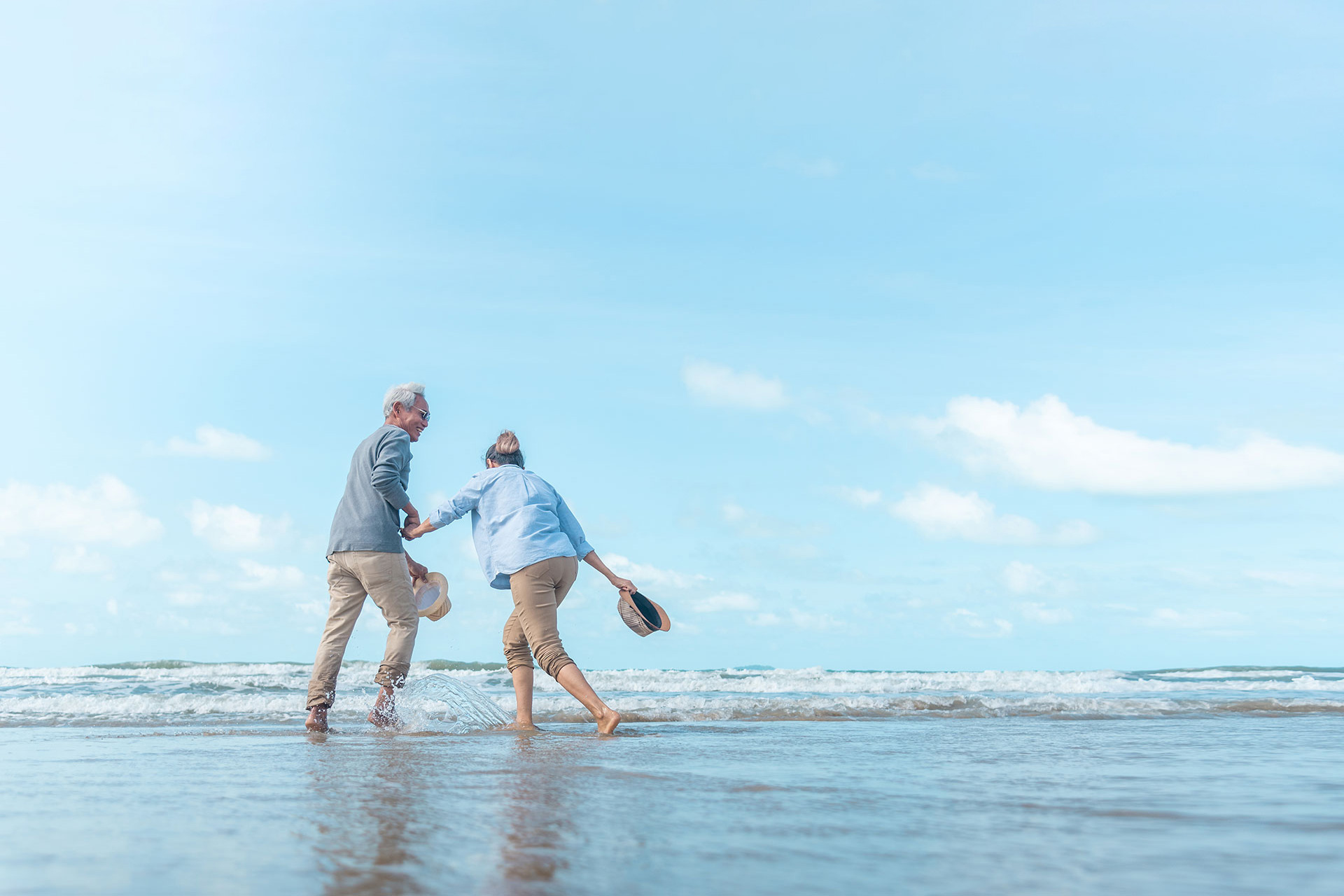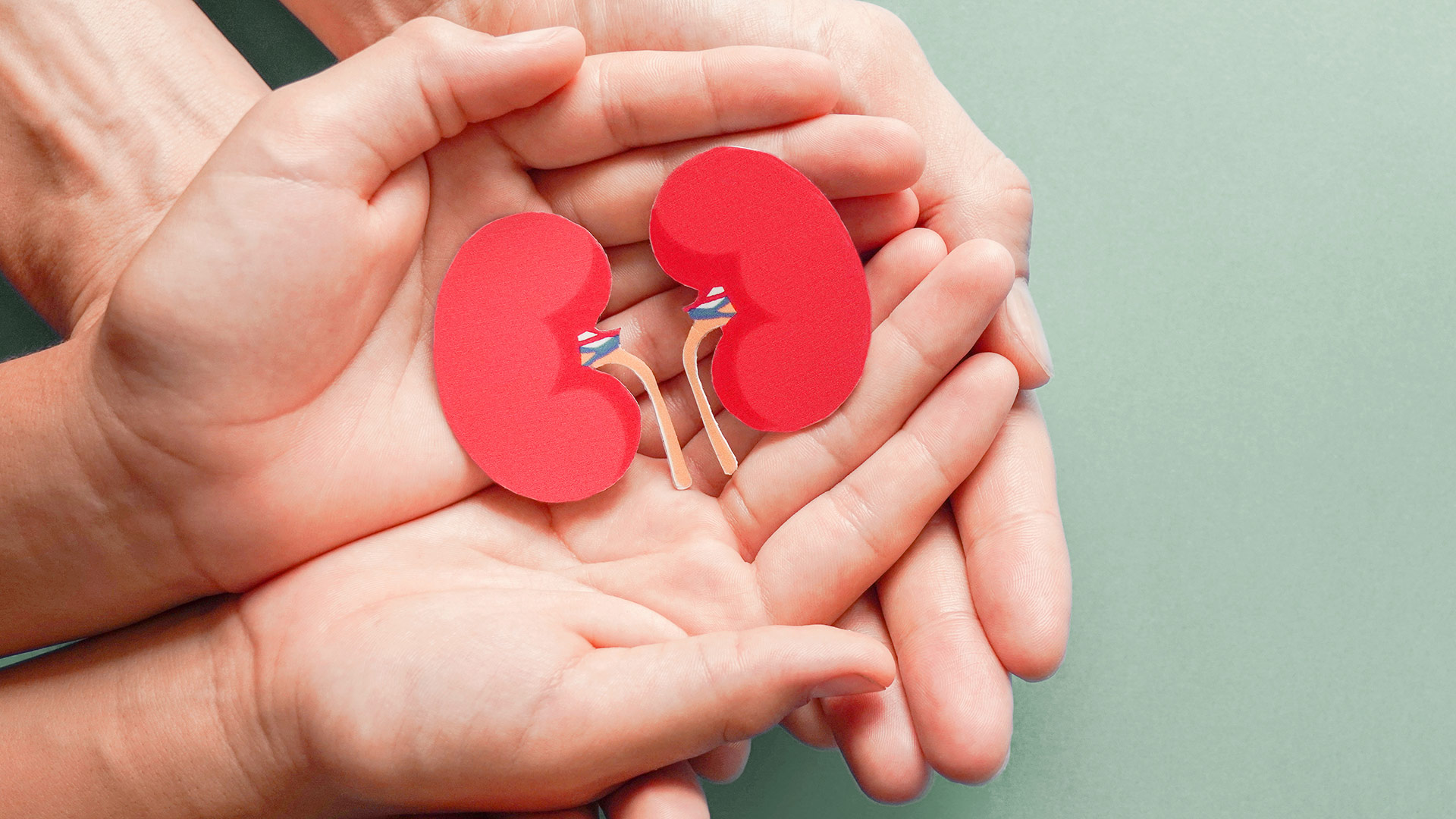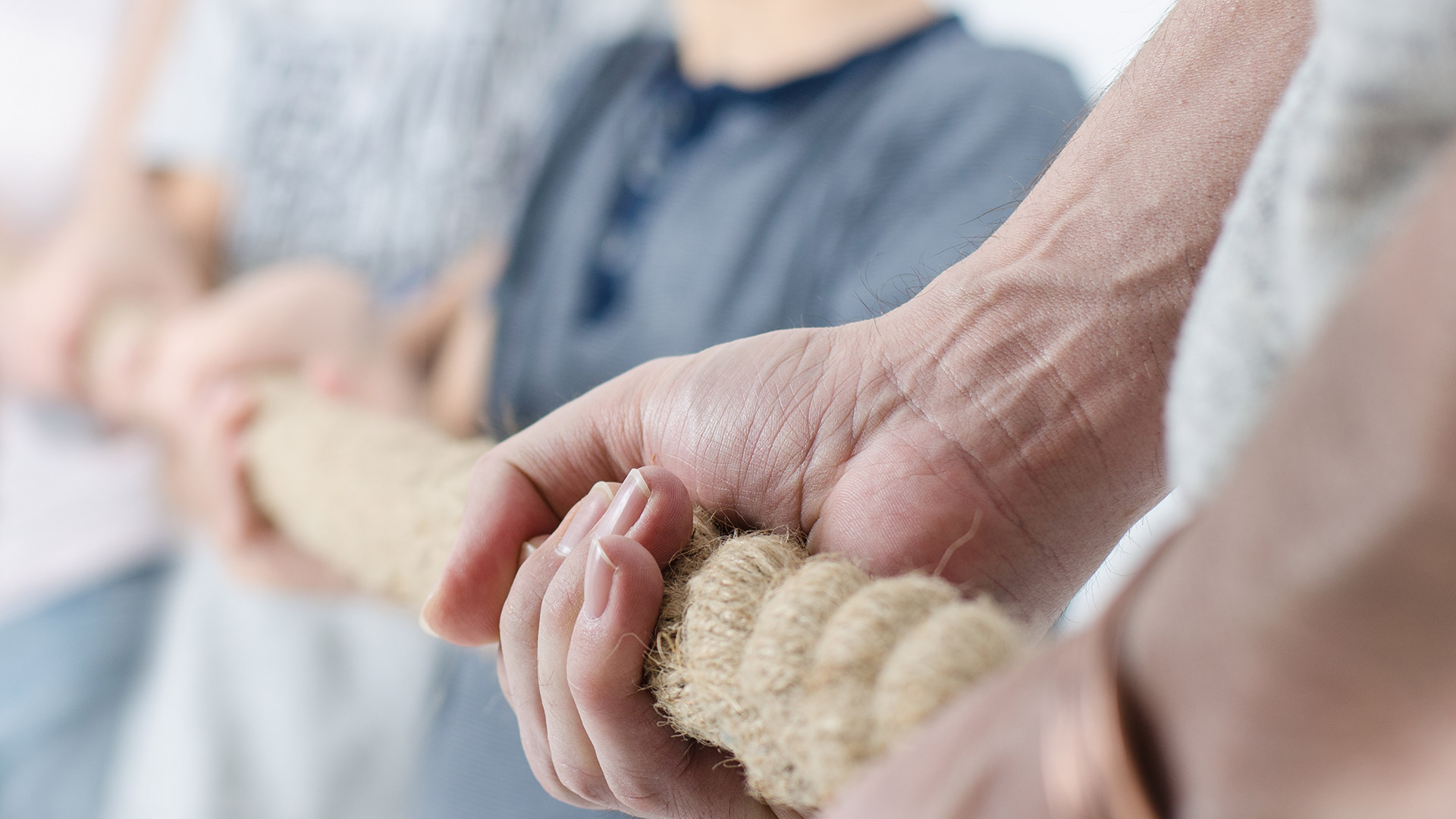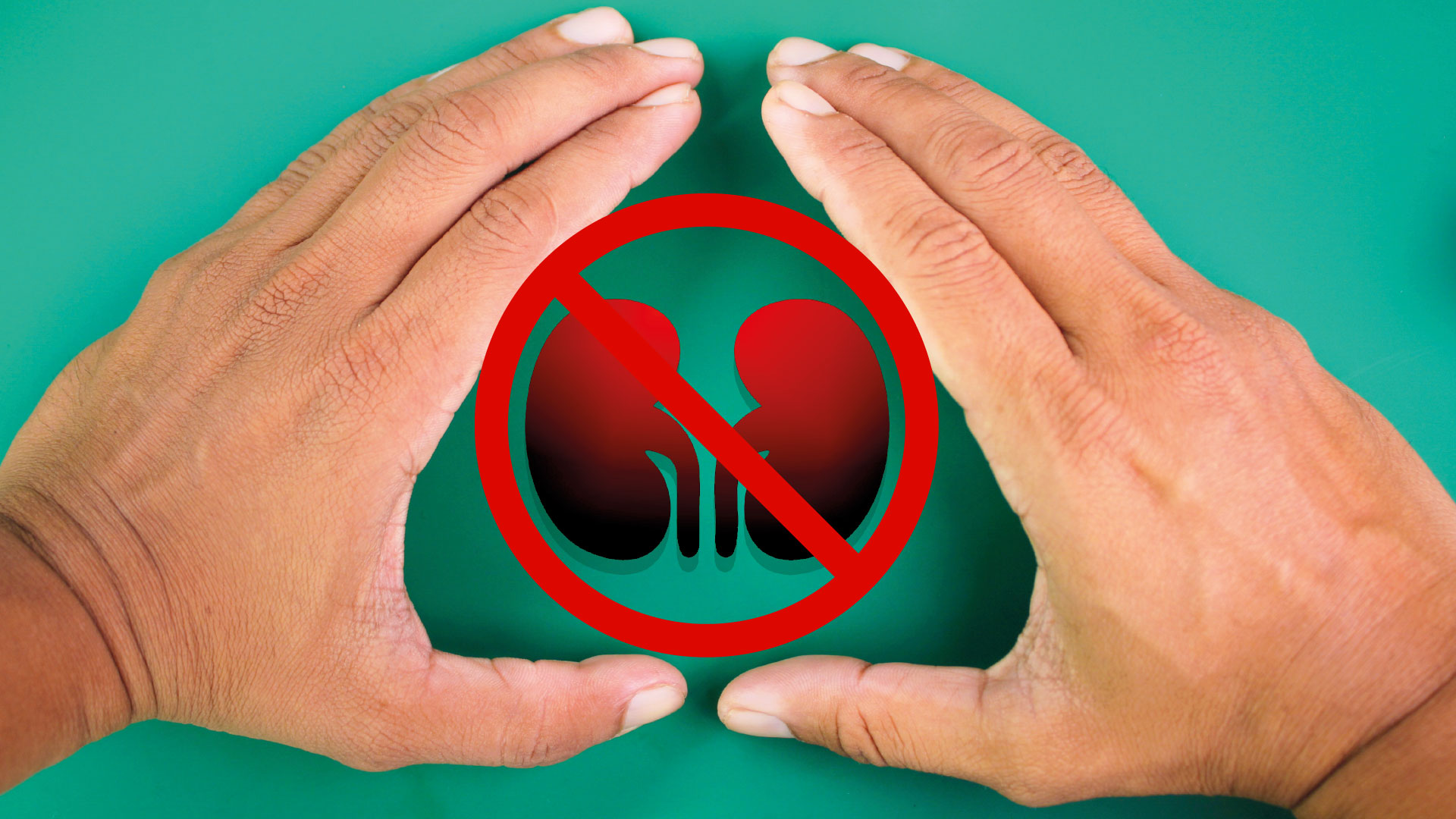Clinical trials provide the crucial step for transforming science into therapy. Discover more about the clinical indications we are focusing on. RHEACELL clinical trial designs can be accessed via clinical trial registries available to the general public at clinicaltrials.gov and clinicaltrialsregister.eu.
Home - Clinical Research
Clinical Research
Current clinical research






Epidermolysis bullosa (EB): severe genetic pediatric disease
Non-healing chronic venous wounds
Non-healing diabetic foot ulcers
Polycystic Kidney Disease (PKD)
Acute GvHD
Transplant Rejection
In cooperation with leading international experts, with this trial we focus on the most severe forms of epidermolysis bullosa (RDEB and JEB). As there is no curative therapy yet, we are concentrating our efforts on helping the small patient cohort to give them a better future.
EB is a severe, inherited, clinically and genetically heterogeneous skin disorder. EB patients have extremely fragile skin and mucosa – hence even the slightest trauma or friction can lead to blisters and erosions, and open slowly healing wounds. The life expectancy of EB patients is highly dependent on the inheritance pattern and severity of the disease. In its most severe forms - as a result of side effects (e.g. metastatic skin carcinoma) - EB can culminate in death in early childhood or early adulthood.
For more information please visit:
There has been no adequate cure for non-healing chronic venous wounds to date. We are focusing on these patients to offer them therapeutic solutions and the option to lead a "normal" life.
CVUs develop following impaired venous drainage in the lower extremities, mainly due to venous reflux or venous outflow obstruction. Elevated venous pressure causes micro-circulatory disturbances, initiating a cascade of pathophysiological events, potentially culminating in tissue breakdown and the onset of painful wounds. To date, there has been no conclusive evidence to suggest that any particular dressing, topical agent or systemic agent can effectively accelerate the venous ulcer healing process. In the severest of cases, surgical intervention to eradicate the underlying cause of venous hypertension is often the last hope.
For the use in patients with chronic wounds, RHEACELL holds the national marketing authorization in Germany (§ 4b of the German Medicinal Products Act) for its cell therapy product AMESANAR®*.
For more information on our Phase III study please visit:
Allogeneic ABCB5-positive Dermal Mesenchymal Stromal Cells for Treatment of Therapy-resistant CVU (Phase III) - ClinicalTrials.gov
Patients with non-healing diabetic foot ulcers are faced with major health risks. We are focusing on these patients to provide them with therapeutic options and avoid complications e.g., amputation, by treating these ulcers with the latest drug.
In diabetes mellitus patients, (diabetic foot ulcers) DFUs are the most common and severest complication, affecting 15% of diabetic patients in their lifetime. DFUs are the primary cause of hospital admissions in this context. It is estimated that approximately 50-70% of total lower limb amputations are due to DFUs. This number is expected to rise further, reflecting the increasing number of diabetic patients from 463 million in 2019 to 700 million by 2045 and obese patients, as predicted by the International Diabetes Federation (IDF).
We are focusing on two hereditary forms of PKD, autosomal dominant (AD) and autosomal recessive (AR) polycystic kidney disease (PKD).
ADPKD is characterized by large kidney cysts which often does not become symptomatic before the 5th decade of life and leads to 50% kidney failure until the age of 65. Severe forms of the disease affect patients already in early childhood. Consequently, kidney failure occurs much earlier, and patients additionally suffer from cardiovascular disease such as hypertension or cardiac hypertrophy. With an early-intervention strategy we want to restore kidney function and avoid cardiovascular complications.
In contrast, ARPKD is much rarer but much more severe. Patients are usually diagnosed before birth or very early in life due to disease severity. 30% of patients die before birth or neonatally. Of the survivors, 50% require dialysis or transplantation in the first decade of life. Patients are characterized by enlarged kidneys covered with microcysts. Massive hypertension and complications in other organs such as liver, pancreas or spleen often worsen the disease outcome. Yet, there is no therapy available.
Patients with acute GvHD are fighting to survive. We are developing a new drug for those who fail to respond to standard treatment.
As a result of blood stem cell transplantation, umbilical cord blood transplantation or bone marrow transplantation, 30-60% of recipients experience a dangerous systemic inflammatory reaction in the body called graft-versus-host disease (GvHD). The skin, gastrointestinal tract and liver are primarily affected. The onset of GvHD is a life-threatening condition that is fatal for up to 50% of patients. First-line therapy with immunosuppressive corticosteroids leads to improvement in only about 50% of patients. Our goal is to bring a new treatment option to these patients.
Donation of an organ, either by a deceased or living donor, is one of the biggest gifts for patients suffering from a magnitude of different diseases accounting for the need of an organ transplant. Although the number of transplantations increase every year much more patients require a donation. By far the most organ transplanted nowadays are kidneys. However, despite of donor-recipient matching and immunosuppressant therapy in 10% of transplantations the graft is acutely rejected. After 10 years failure rate increases to even 40%. With our innovative approach we want to not only improve transplantation success but also reduce the necessity of immunosuppressant therapy.